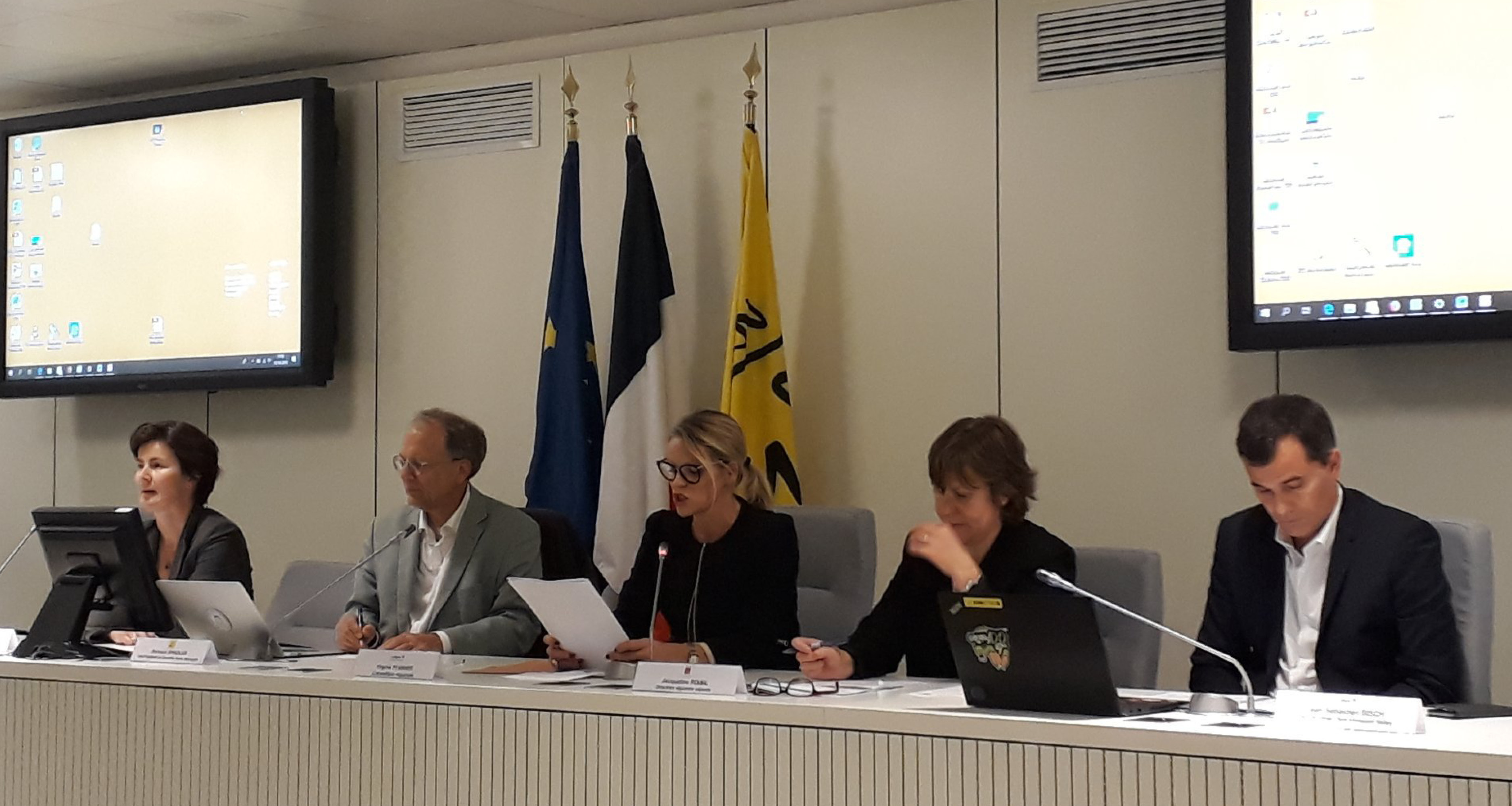Zero Emission Valley

On Oct, 10, McPhy took part in the launch event of the “Zero Emission Valley” (ZEV) project in Grenoble, hosted by the “Grenoble Alpes Metropole”.
The “Zero Emission Valley” project is an ambitious program initiated, and is led by, the Auvergne Rhône Alpes Region. It aims at developing, in a very short term (by 2023) a hydrogen infrastructure made of:
- 20 hydrogen refueling stations,
- 15 electrolyzers,
- And 1000 hydrogen-powered vehicles: the equivalent of 25% of the objectives set in France’s national plan.
The French Auvergne Rhône Alpes Region, which gathers almost 80% of the hydrogen sector’s players, aspires to become one of the main innovative European Region in terms of clean mobility, while offering to its citizens a joint-answer to 3 major contemporary issues:
- Environmental challenge: hydrogen, produced by electrolysis from renewable electricity sources, is a clean energy. This means that hydrogen vehicles only reject water vapor, no pollutants and no CO2 (unlike the fossile fuels). Hydrogen hence contributes to the fight against climate change and helps protect public health.
- Economic challenge: creating and strengthening the hydrogen sector has direct (positive!) impacts on the economic landscape. Hydrogen is thus part of the territories’ reindustrialization, a source of local job creation. Not forgetting that the widespread of thetechnology will have a direct impact on the competitiveness of hydrogen, by reducing the acquisition costs of hydrogen equipment (electrolyzers, hydrogen refueling station, vehicles), while offering at the station a clean energy competitive with fossil fuels.
- Societal challenge: the growth of the hydrogen sector is accompanied by a rise in knowledge / skills level, and aims at creating local employment. The decarbonization of the end-uses in the mobility sector, but also in the industry and energy markets, also contributes in cleaning the air and preserving public health.
For Grenoble Alpes Metropole, the ZEV project is a natural extension of its “low-emission zones” program, and complementary to the local initiatives already undertaken to improve the urban air quality.
The project is supported by a public – private partnership, and co-funded by European funds.








